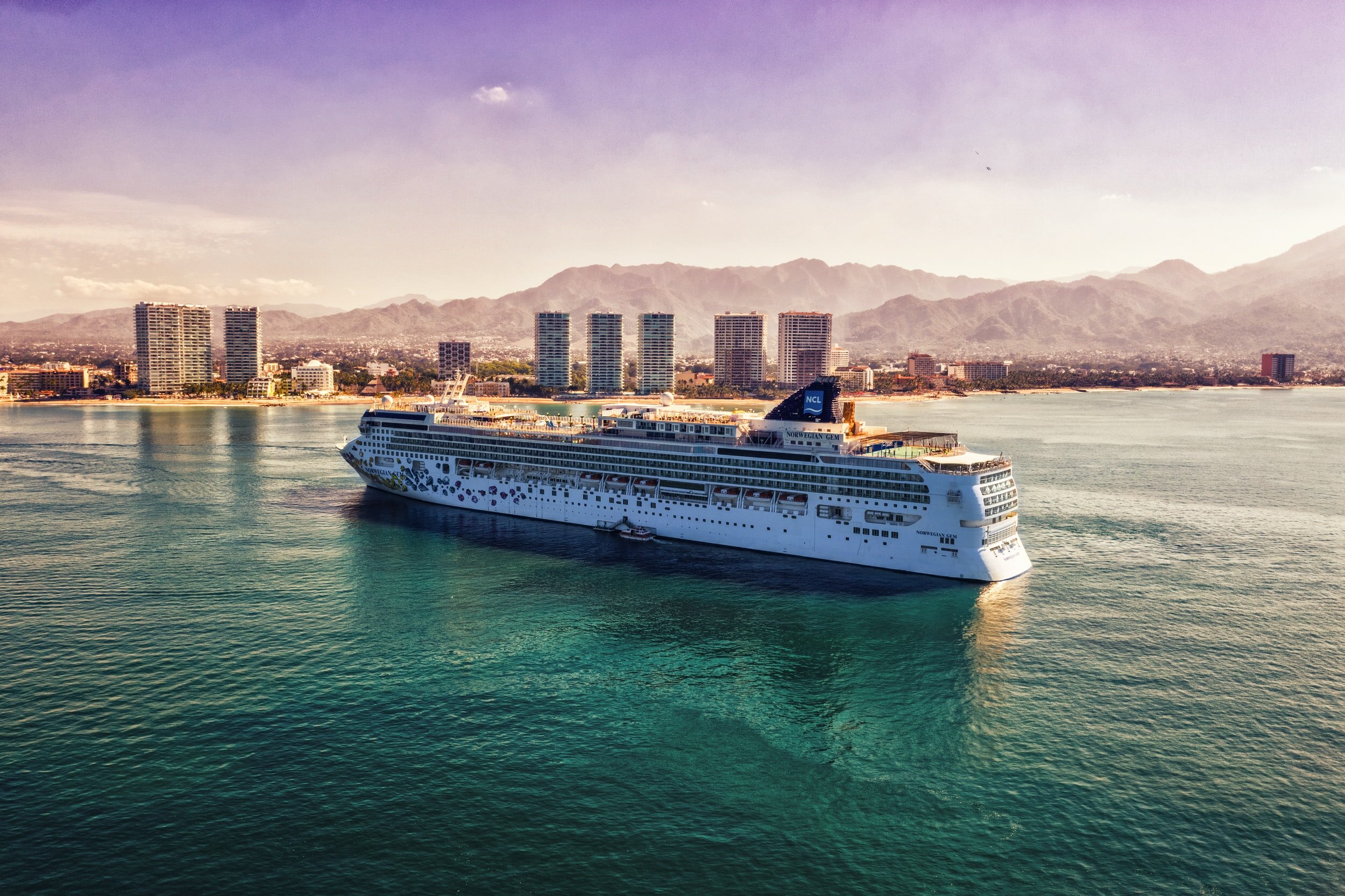
Case Summaries
Rubicon Vantage International Pte v Krisenergy Ltd [2019]
“Under a bareboat charter Guarantee, charterers' parent guaranteed, as primary obligors, charterers' performance of and payments under the charter and undertook to pay "any amount(s) demanded up to ...US$3,000,000... on demand notwithstanding any dispute between [owners and charterers]. The Court found that the Guarantor was liable even if the underlying liability (and not just quantum, as argued) was in dispute.”
Odyssey Aviation Ltd V GFG 737 Limited [2019]
“The Buyer cancelled an aircraft purchase contract, alleging Seller's breach of warranty of title (the Seller intending to acquire the aircraft with completion funds from the Buyer). In dismissing the Buyer's claim for return of the holding deposit, the Court found that the warranty as to title only applied at the time of delivery, thus the Seller was not obliged to produce title documents prior to that. In cancelling, the Buyer was in repudiatory breach such that its complaint that the Seller failed to have the aircraft at the delivery location must also fail.”
London Arbitration 15/19
“A Prolonged Port Stays clause in a charter on an amended NYPE 1993 form provided for charterers to be responsible for excessive marine growth if established at the long-stay port. The Tribunal held that the clause was to be construed widely so as to encompass cases where hull inspection at the long-stay port was not possible, alternatively a provision would be implied to that effect. Further "excessive marine growth" meant any growth which had a measurable impact on the performance of the vessel. In the present case, the Tribunal held that the impact was measurable as performance improved after hull cleaning.”
Ark Shipping Company LLC v 22 February 2019 Silverburn Shipping (loM) [2019]
“In concluding that the Classification clause (9) in a BARECON '89 Charterparty is a condition, the CA (overruling the High Court) found that it is instead an innominate term, for the following reasons of construction and business common sense: it relates merely to classification status; it is not expressed to be a condition nor is it a time clause or a condition precedent leading to significant consequences; further, it was closely bound up with the general obligation to maintain physical condition of the vessel and a trivial breach might well result in disproportionate consequences destructive of a long-term contractual relationship.”
Abbotswood Shipping Corporation v Air Pacific Limited [2019]
“The High Court decided a Defendant's application that the Liberian corporate Claimant secure its costs in a dispute relating to return of aircraft lease deposits. There was no information whatsoever on the Claimant's financial position (either publicly available or volunteered) and the Defendant had therefore satisfied the test of showing reason to believe that the Claimant would be unable to meet a costs award. However, as the claim and cross-claim were essentially two sides of the same coin (such that the costs incurred in defending the claim would be the same as those incurred in prosecuting the cross-claim) the Court considered it not just to make the order requested.”
Sveriges Angfartygs Assurans Forening (The Swedish Club) & Ors v Connect Shipping Inc & Anor [2019]
“The Supreme Court confirmed that costs incurred both before and after notice of abandonment may be taken into account in ascertaining whether a vessel is a CTL pursuant to s.60(2)(ii) of the Marine Insurance Act 1996; SCOPIC charges however are not to be taken into account as, by contrast, they are 'unconnected with the damage to the hull or its hypothetical reinstatement.'“